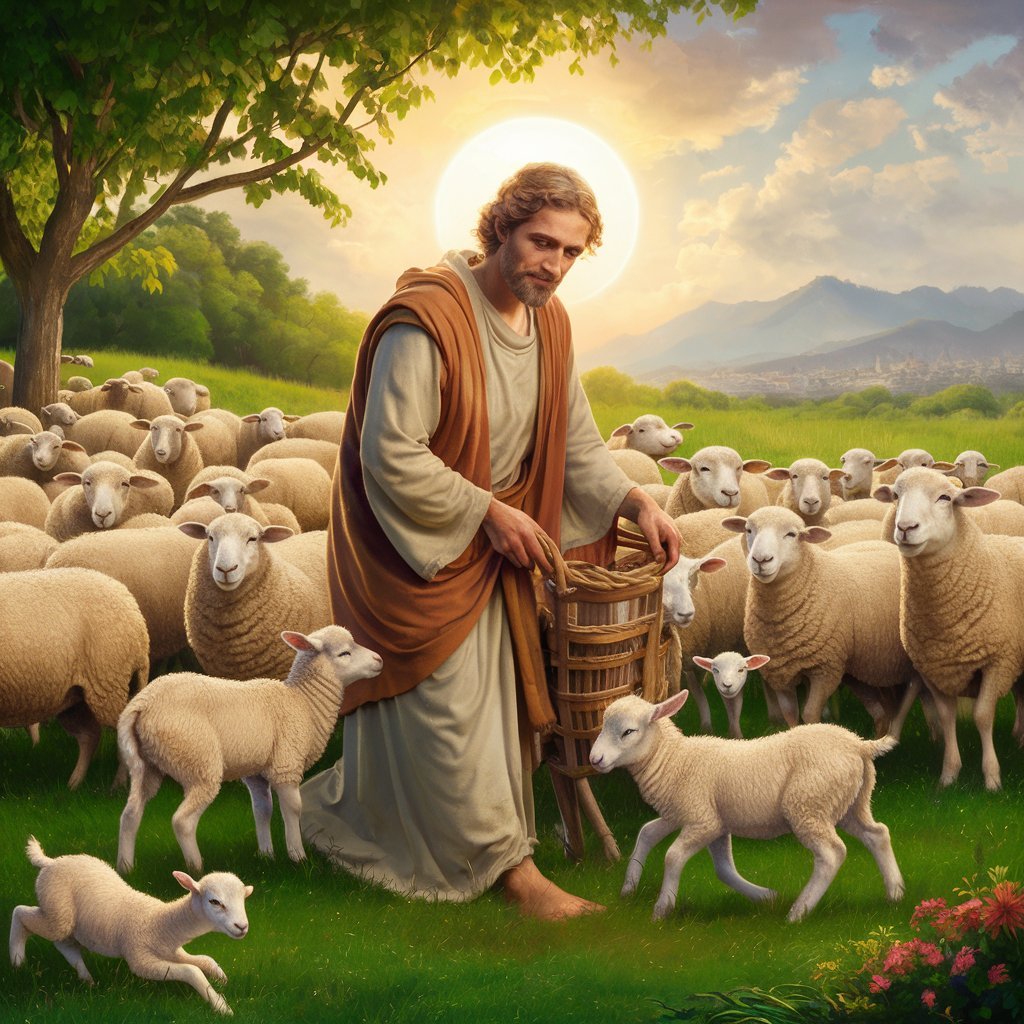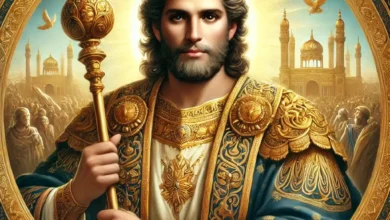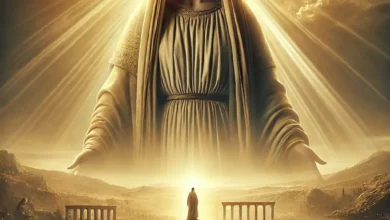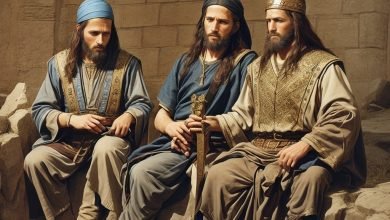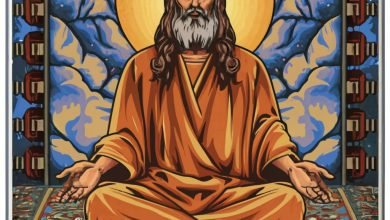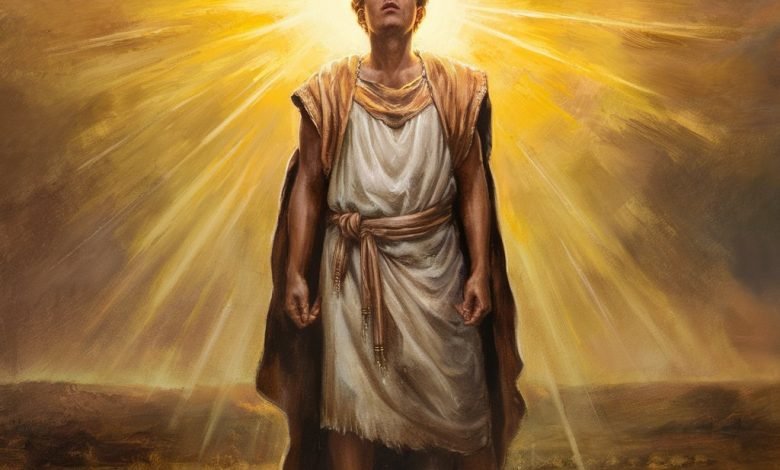
Who was Abel in the Bible and why did his brother kill him?
Abel in the Bible is the first victim of murder, leaving a sad and unfortunate legacy. But can we also learn other lessons from his tragic story?
Few people know much about Abel’s life in the Bible. Though his life was simple—a shepherd tending to animals—he holds a significant place in God’s word from which we can all learn today. So, what can we learn from Abel’s life? Here are some points you might not know about Abel in the Bible.
Read more: Who was Moses in the Bible? Facts about him
فرست محتوا
Who is Abel in the Bible?
Abel is a character in the Bible, recognized in the Book of Genesis as the second son of Adam and Eve. He was a shepherd, and his story is significant because of the offering he made to God. Abel’s offering, which came from the best of his flock, demonstrated his faith and righteousness and was accepted by God (Genesis 4:4).
What was Abel’s occupation?
Abel was a shepherd and keeper of sheep (Genesis 4:2). Therefore, he was often found in the pasture caring for his sheep. Abel raised his sheep and used the animals to provide for himself, his family, and his community.
Why did Cain kill his brother Abel?
Cain and Abel both made offerings to God. Cain, who was a tiller of the ground, chose the best of his crops for his offering. Abel, too, offered the best of his flock to God. However, God rejected Cain’s offering but accepted Abel’s (Genesis 4:4-5).
Because God accepted Abel’s offering but rejected Cain’s, Cain became angry. He harbored resentment and a desire for revenge against his brother Abel (Genesis 4:5). As stated in the following verses, Cain eventually killed his brother:
“And Cain said to Abel his brother, ‘Let us go out to the field.’ And when they were in the field, Cain rose up against his brother Abel and killed him” (Genesis 4:8 [NIV]).
What happened to Cain after he killed Abel?
After Abel’s murder, God approached Cain and asked about his brother. Cain replied to God, “I don’t know. Am I my brother’s keeper?” (Genesis 4:9 [NIV]).
God persisted, asking, “What have you done? The voice of your brother’s blood is crying to me from the ground” (Genesis 4:10 [NIV]).
God continued, “Now you are under a curse and driven from the ground, which opened its mouth to receive your brother’s blood from your hand. When you work the ground, it will no longer yield its crops for you. You will be a restless wanderer on the earth” (Genesis 4:11-12 [NIV]).
God also put a mark on Cain so that anyone who found him would not kill him; otherwise, they would suffer vengeance sevenfold (Genesis 4:15).
As a result, Cain was exiled from his home and wandered the earth for a while. However, God’s wrath did not remain on Cain forever. Eventually, God’s eternal mercy appeared for Cain as He found a dwelling place for him in the land of Nod (Genesis 4:16).
In the land of Nod, Cain built a city, got married, and had children. His firstborn was a son named Enoch (Genesis 4:17).
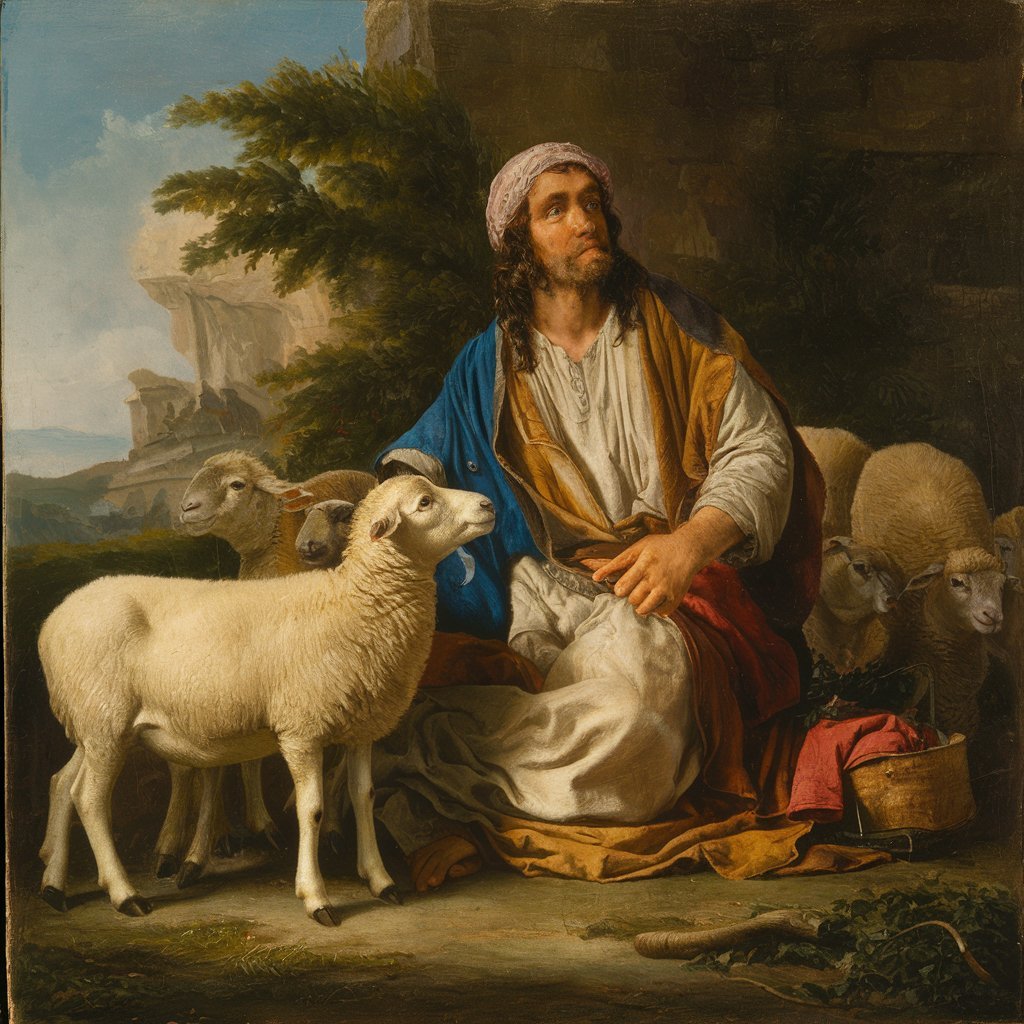
Did Abel have other brothers?
The Bible states that after Abel’s death, Adam had a third son named Seth (Genesis 5:3). The Bible further mentions Adam fathering more children after Seth’s birth (Genesis 5:4). It is not specified how many sons or daughters Adam had; thus, it is unknown how many brothers Abel had. However, it is clear that during Abel’s lifetime, he only had Cain as his brother, as no other children of Adam had been born at that time.
What can we learn from Abel’s story in the Bible?
- God expects the best from us. When God received the offerings from Cain and Abel, He rejected one and accepted the other. But why did God reject Cain’s offering? It might not have been that there was something wrong with Cain’s offering itself, but rather the issue lay in Cain’s heart and inner motives.
The important message from this story is that Cain’s heart was filled with evil from the start, and when God rejected his offering, his motive was strongly provoked, leading him to do what he had harbored in his heart—commit murder.
As Christians, if we want to serve God, we must always offer everything we have to Him, not just part of it. Serving God with a life only partially devoted to Him does not mean full service to the Lord. God desires us to surrender our entire being to Him at all times. When we give our best to God, He will reward us with His blessings and mercy.
- We must beware of jealousy. When God preferred Abel’s offering over Cain’s, Satan took hold of Cain’s heart, leading him to hate his brother. This scenario of “one person being blessed by God and others becoming envious” is not uncommon in real life. It happens frequently in church and society. However, it should not be this way. Instead, whenever our brothers and sisters receive blessings from God, we should rejoice, knowing that our time will come and we too will enter heavenly blessings.
Abel’s story in the Bible is one we can always learn from. It reminds us of God’s desire to receive our best offerings.
- We can always start anew after failure. After God exiled Cain from his homeland, he settled in the land of Nod, where he built a city, got married, and had children. One might think that Cain’s life ended with Abel’s murder. However, that was not the case. Despite bearing the burden of his brother’s murder, Cain was still able to think clearly and become a productive man.
Scholars debate Cain’s motives for building a city. Some see it as a sign that Cain did not let his sin keep him bound to the past but started a new life in the land of Nod.
Other scholars interpret Cain’s city-building as an act of defiance. God had condemned Cain to a life of wandering, yet he built a city to settle in one place. This act might indicate that Cain wanted to distance himself from God.
Despite different views, it can be said that relocating and starting a family gave Cain a second chance. He could have begun a new legacy by loving his family. Whether he turned back to God or continued to distance himself is not detailed in the Bible. However, we know that he had the opportunity to start anew, whether he used it well or not.
If we too attempt to start over after failure but still do not prioritize God in our lives, we miss the main goal. We seek trouble. Trying to live without God means cutting ourselves off from the source of life.
- God never holds a grudge against us. After Abel’s murder, God made it clear to Cain that He was displeased and punished him by exiling him and making him a wanderer for a while. However, God did not kill him or prevent him from starting a family. In this way, He was forgiving.
When we sin against God, His anger does not last forever. Though He hates sin, He remains a loving God and will forgive us if we repent and return to Him. Sometimes, He may allow us to face the consequences of our actions, but ultimately, He calls us back to Him with love, forgives our sins, and guides us back on the right path.
God is the God of second chances. After we disappoint Him, instead of leaving us with the burden of guilt, He lovingly brings us back to Him. He does not let us bear the burden of our sins alone. Instead, He remembers the blood of Christ shed for us on the cross and relents from His fierce anger toward us. Therefore, God will always be the God of second chances, for He does not intend to exile us from the earth for our sins.


